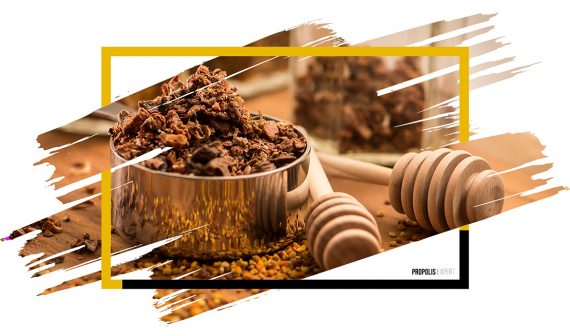Royal jelly was investigated in clinically healthy postmenopausal women as a safe and long-term natural approach to the management of menopause transition, which is associated with chronic conditions such as osteoporosis and cardiovascular disease. A total of 39 participants received 150 mg of royal jelly daily for three months were tested for circulating cardiovascular risk markers and bone turnover parameters. The results demonstrated that royal jelly treatment resulted in a significant increase in high-density lipoprotein – cholesterol and a significant decrease in low-density lipoprotein – cholesterol and total cholesterol. No statistically significant changes were found in the bone turnover parameters. The authors suggested royal jelly may offer an alternative method of controlling the postmenopause dyslipidemia.
Lambrinoudaki I., Augoulea A., Rizos D., Politi M., Tsoltos N., Moros M., Chinou I., Graikou K., Kouskouni E., Kambani S., Panoulis K., Moutsatsou P. Greek-origin royal jelly improves the lipid profile of postmenopausal women. Gynecol Endocrinol. 2016 Oct;32(10):835-839.
A study on male rabbits has indicated the positive effects of royal jelly on fertility, semen quality and output, and concentration of testosterone, total proteins, and glucose in the blood. The number of dead and abnormal sperm decreased with the reduction of biomarkers of oxidative stress.
A. El-Hanoun, A. Elkomy, W. Fares, and E. Shahien, “Impact of royal jelly to improve reproductive performance of male rabbits under hot summer conditions,” World Rabbit Science, vol. 22, no. 3, pp. 241–248, 2014.






